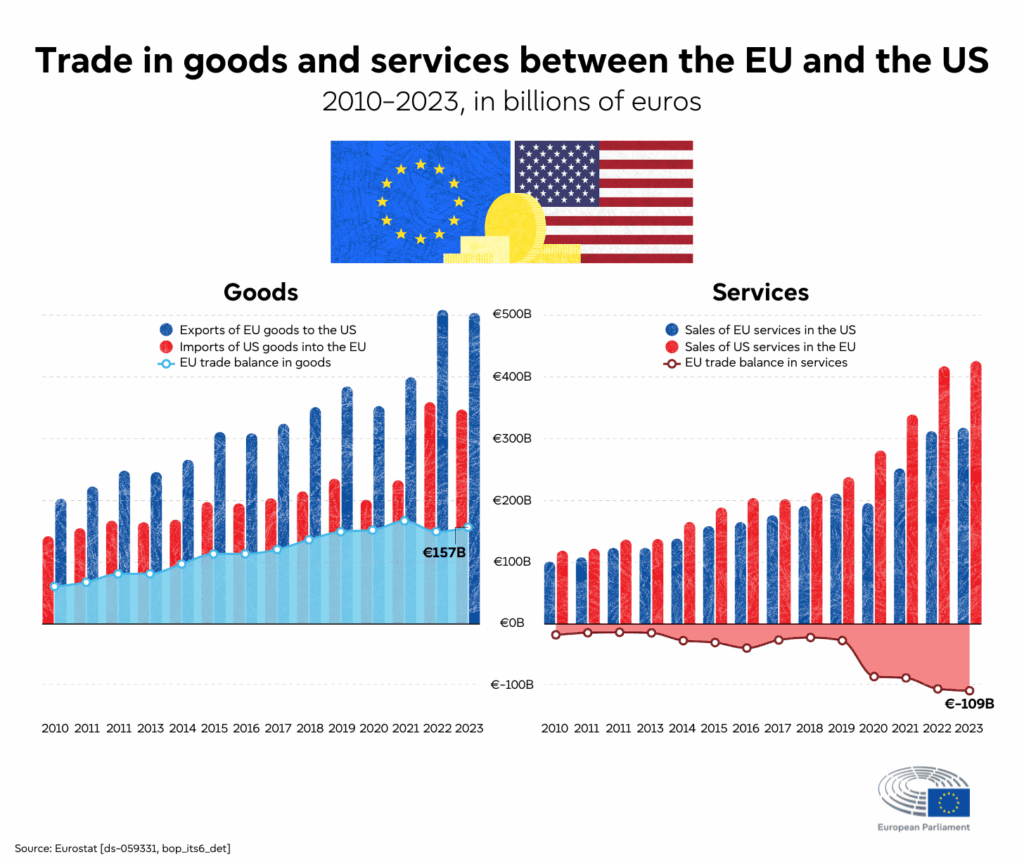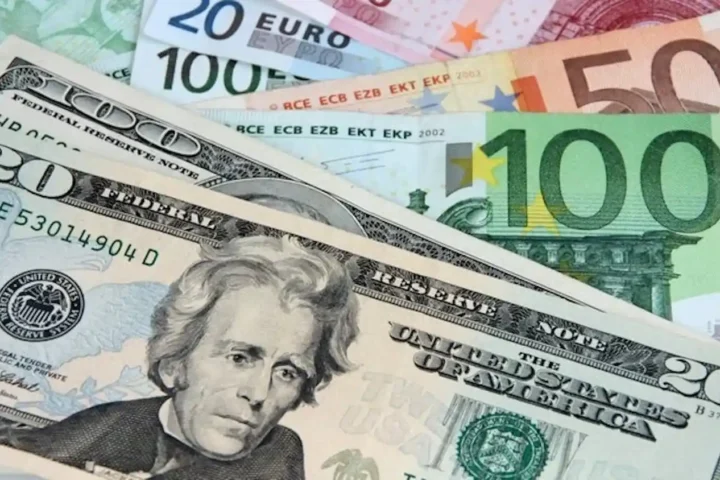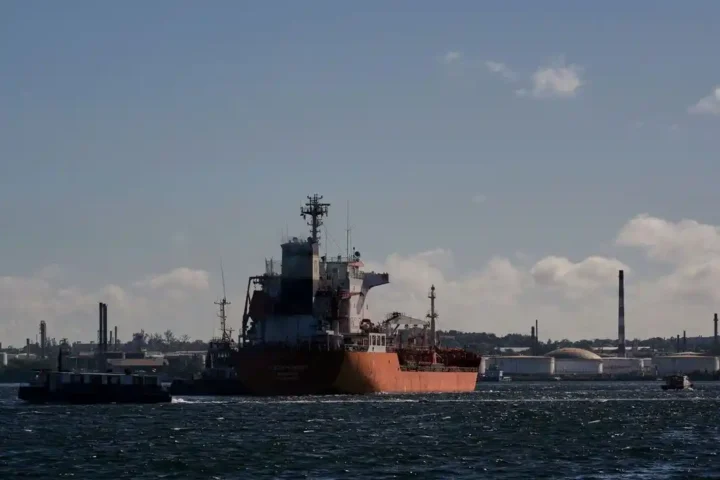The European Union is preparing for an economic showdown with Washington, unveiling plans for a fresh wave of retaliatory tariffs that could hit €72 billion worth of U.S. goods. The move marks a significant escalation in a trade dispute that threatens to push transatlantic relations into uncharted territory.
The new tariff package, drafted by the European Commission and presented to EU member states on Monday, takes direct aim at some of America’s most iconic and politically sensitive industries. Aircraft and aircraft parts—chiefly targeting Boeing—account for the largest share, with nearly €11 billion in exports on the line. Cars, car parts, machinery, chemicals, and even bourbon whiskey are also on the list, which spans 200 pages.

The decision to include bourbon is notable, given strong lobbying from France and Ireland to spare the drinks sector. But EU trade strategists appear to have prioritized leverage over diplomacy, citing the need to “rebalance the playing field” in response to U.S. tariffs already hitting European exports.
This new list represents a recalibrated response—down from an earlier €95 billion proposal—as Brussels attempts to keep negotiations alive while signaling it will not hesitate to strike back. “The criteria are clear,” the Commission wrote: products were chosen based on whether alternative suppliers exist, and whether EU industries risk losing business to U.S. competitors if Washington’s tariffs remain unchecked.
The timing is no accident. Just days earlier, U.S. President Donald Trump dramatically threatened a 30 percent blanket tariff on all EU exports starting August 1 unless a trade deal is reached. Brussels, unwilling to appear weak, has postponed an earlier €21 billion round of countermeasures until August 6, buying time for a possible breakthrough.
Yet this is a high-stakes gamble for Europe. Too soft a response risks emboldening Trump; too aggressive a strike risks tipping a simmering dispute into an outright trade war.
For now, EU trade ministers have signaled broad support for the Commission’s approach, though formal approval of the measures is still pending. Whether these tariffs ever see the light of day depends largely on whether last-minute negotiations can avert the most serious transatlantic trade confrontation in decades.
The message from Brussels, however, is unmistakable: Europe is willing to negotiate, but it is equally prepared to fight.











